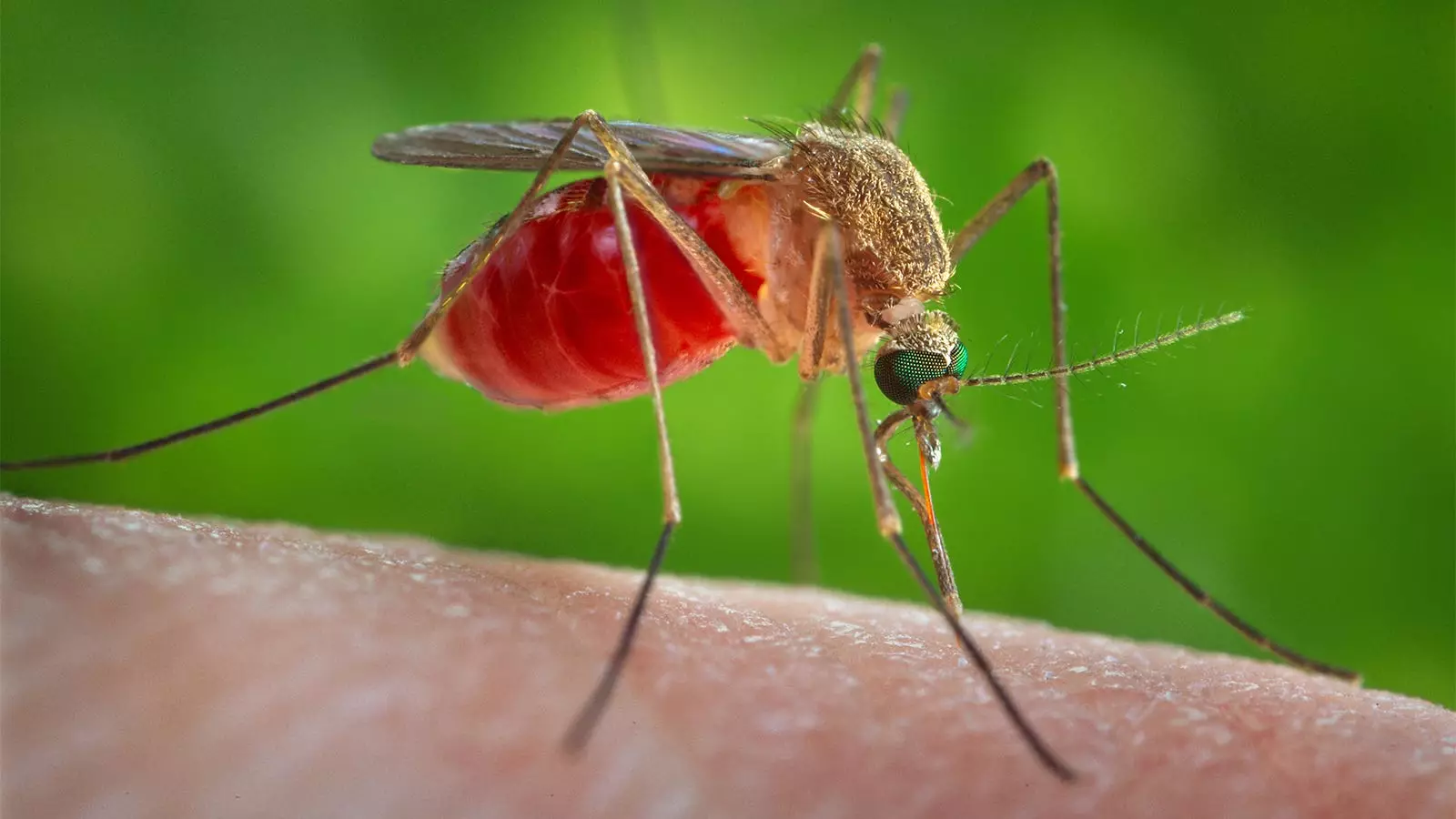The Centers for Disease Control and Prevention (CDC) recently issued a warning regarding a surge in Oropouche virus infections among travelers returning to the United States from Cuba. While no fatalities have been reported, the CDC is urging vigilance among healthcare providers in detecting and treating this emerging threat. Here’s a detailed look at the virus, its transmission, symptoms, and possible concerns.
Oropouche virus, also known as sloth fever, is a pathogen endemic to forested tropical regions. Initially discovered in 1955 in a forest worker on the island of Trinidad, the virus was named after a nearby village and wetlands. Its association with sloths stemmed from early investigations that linked the virus to these elusive creatures, leading to the moniker “sloth fever.”
The virus is primarily transmitted to humans through bites from small insects known as midges, as well as certain species of mosquitoes. While individuals contracting the virus often visit forested areas, there have been no documented cases of person-to-person transmission. However, the virus has spread rapidly in Amazon regions and other parts of South America and the Caribbean.
In recent months, a significant uptick in Oropouche virus infections has been observed, with thousands of cases reported in countries like Bolivia, Brazil, Colombia, Cuba, and Peru. The CDC confirmed 21 cases in the United States, all linked to travel in Cuba. European health authorities also identified 19 cases among travelers entering the continent.
The symptoms of Oropouche virus can mimic those of other tropical diseases such as dengue, Zika, and malaria. Common signs include fever, headaches, muscle aches, diarrhea, nausea, and vomiting. Some patients may experience recurring symptoms, while a small percentage may develop severe complications like bleeding, meningitis, and encephalitis. Despite ongoing research, there are currently no vaccines or specific treatments available for the virus.
Health officials in Brazil are investigating reports suggesting possible vertical transmission of Oropouche virus from pregnant women to their fetuses, raising alarms reminiscent of the Zika outbreaks of the past. The CDC has advised pregnant women to avoid non-essential travel to regions where the virus is prevalent and recommended all travelers take precautions against insect bites, such as using repellents and wearing protective clothing.
The emergence of Oropouche virus as a public health concern underscores the continued threat posed by infectious diseases in a globalized world. Vigilance, preventive measures, and further research are essential in combating the spread of this and other emerging pathogens.


Leave a Reply